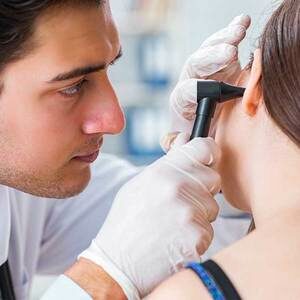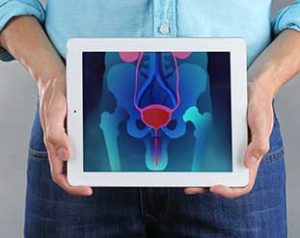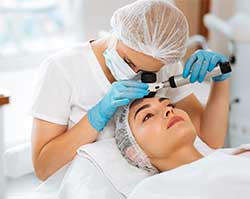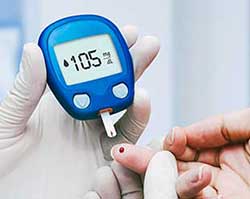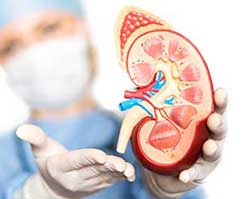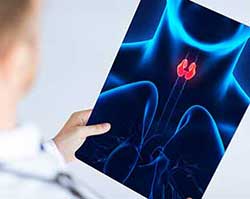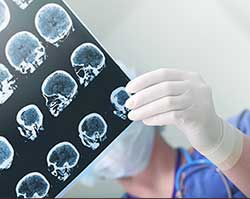Consult City's Top Doctors, The Minute You Need To
First Consultation starting
@ ₹349 ₹599
848
Urologists
97151
Cases done
by Urologists
1530
Hospitals
Benign Prostatic Hypertrophy: All You Need to Know
About
Age-related prostate enlargement that can affect urination
Up to 90% of men over age 80 have BPH.[1]
- Treatable by a medical professional
- Requires a medical diagnosis
- Lab tests or imaging often required
- Chronic: can last for years or be lifelong
Also called benign prostate hyperplasia, it is a noncancerous condition of an enlarged prostate. It occurs when the cells of the prostate begin to multiply, which in turn puts pressure on the urethra and the base of the bladder. With this condition, the urinary stream may be weak or may stop and start. In some cases, it can lead to infection, bladder stones, and reduced kidney function. It is also related to the male sex hormone, testosterone, and may run in the family as well. Nor is it related to prostate cancer, neither is it likely to cause cancer.
Ages affected: Men aged above 40
Symptoms
Self-diagnosable
Symptoms include the excessive urge to urinate, with variation in urine streams.
People may experience:
Urination problems: Inability to empty the bladder, need to urinate more at night, leakage of urine, poor urine flow, and painful urination
Also common: Bladder infection, painful orgasms, and impotence
Treatment
Self-care: Monitoring the frequency of urination and taking proper care measure can help control the condition. Avoiding stressful or strenuous activities, including having sex or overuse of alcohol, may be advised.
Medication: The doctor may prescribe antibiotics, antidepressants, and hormone-reduction medicines or recommend surgery for severe cases.
Specialist: For a medical opinion, consult a urologist. At mfine, you can find a range of doctors to choose from for a wide array of health issues.
Other Specialities
Give a missed call to 08061914343 to Download the App





